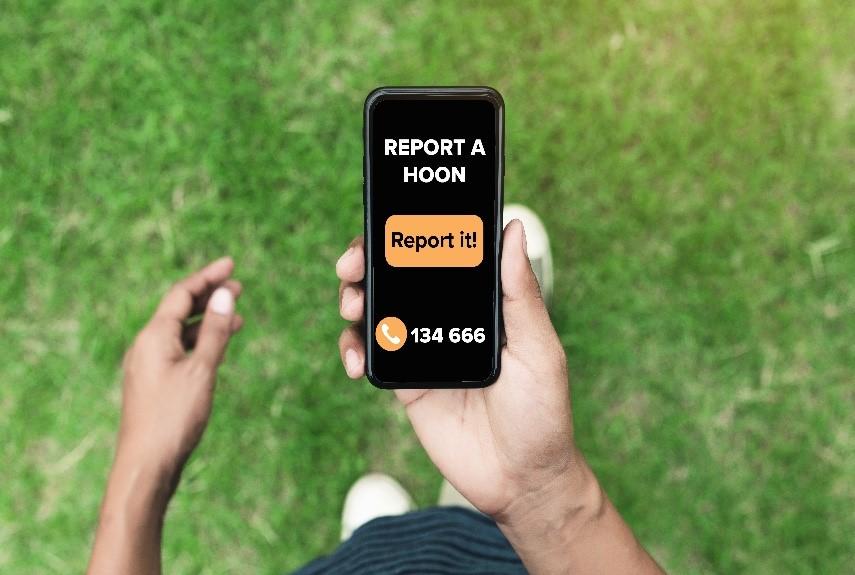Hooning

Hooning includes driving behaviour like:
- screeching of brakes
- revving of engines
- skidding and burnouts
- donuts
- drifting
- fishtailing
- speeding
- street racing
- playing loud music from a car stereo.
Hooning is not only dangerous it is also an offence. If you are caught hooning, the Queensland Police Service (QPS) have the authority to impound your vehicle.
Hooning Offences
A person may face charges for hooning if they commit an offence under the following:
- Dangerous driving
- Careless driving
- Organising, promoting, or taking part in racing and speed trials
- Wilfully starting a motor vehicle or driving in a way that makes unnecessary noise or smoke
- Evading police
- Driving a vehicle that is uninsured and unregistered
- Driving without a licence or when your licence has been suspended
- High range drink driving with a blood alcohol level above 0.15 percent
- Exceeding the speed limit by more than 40k kilometres per hour
- Driving a modified vehicle that does not comply with vehicle safety standards
- Driving while under a 24-hour suspension order.
Reducing hooning
Council continues to work alongside partner agencies including the QPS and the Department of Transport and Main Roads (TMR) to deliver solutions to reduce hooning in our community in 5 priority areas:
- Advocacy
- Enforcement
- Target hardening
- Education
- Technology.
Traffic calming
Traffic calming devices are installed to help enforce speed limits and deter non-local traffic from using the road as a racetrack to avoid lights. They are not designed to eliminate reckless driving like hooning.
Often the type of devices used, like speed humps and chicanes tempt irresponsible drivers to treat the devices as a challenge, rather than calming they can result in increased noise and hooning behaviour.
For more information about traffic calming, please refer to Traffic calming devices.
Speeding
The default speed limit in a built-up area is 50 kilometres per hour, unless signed otherwise. Speed limits in Queensland are determined by the Queensland Government to make sure limits are consistent and are enforced to encourage safe driving and reduce crashes.
Speeding is one of the major causes of fatalities on Queensland roads. Speeding is not safe in any circumstances. Driving within the speed limit maximises your stopping distance, giving you more time to react. Speeding can only be enforced by the QPS.
How to report hooning
You can report any dangerous, reckless or anti-social behaviour on our roads using the below methods:
- report hooning online
- phone the 13HOON Hotline - 134 666
You will need to report details like the time, location, exact nature of offences and details of the cars involved (if known).
Reporting these details will help the QPS identify hot spots where action can be taken to prevent this behaviour from occurring.